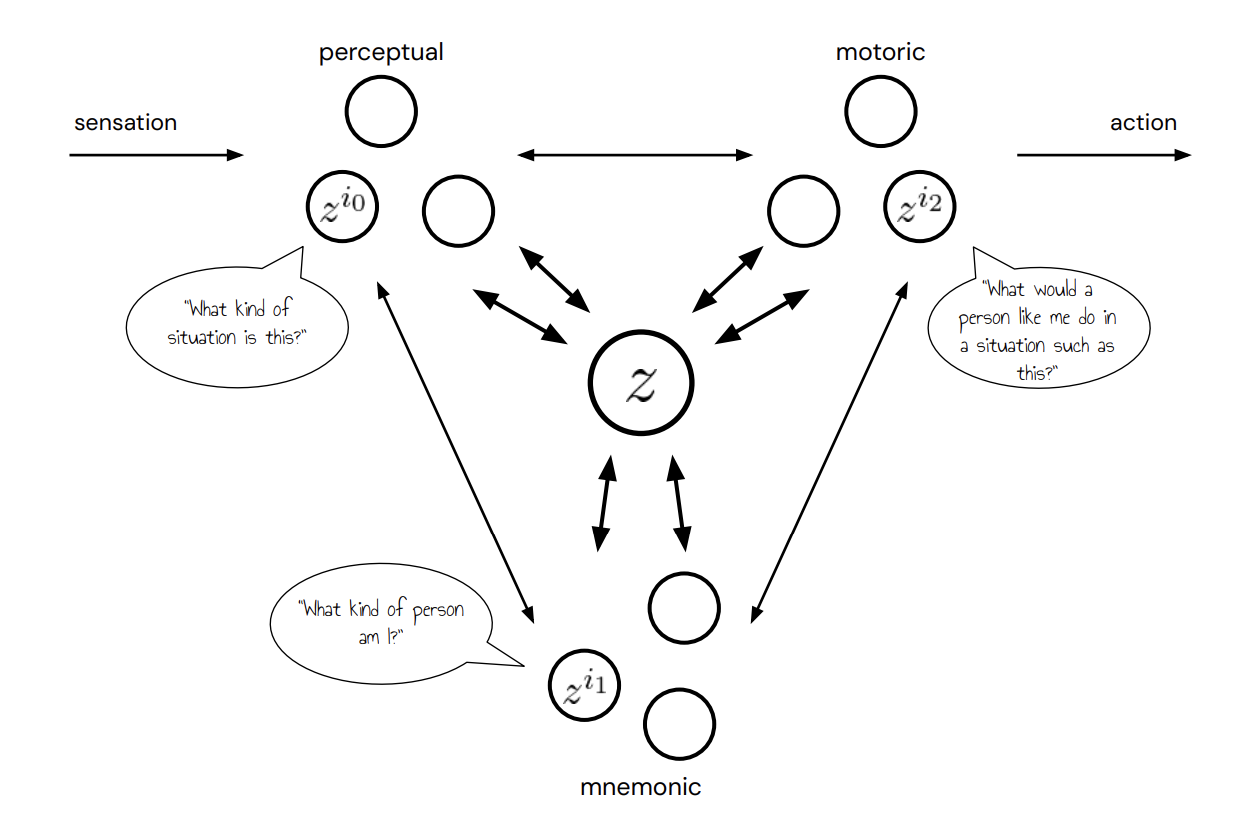
Understanding Appropriateness in AI
What is Appropriateness?
Appropriateness is about following the right standards for behavior, speech, and actions in different social situations. Just like people act differently depending on the company they keep—friends, family, or in a professional setting—AI systems must also adjust their behavior. For example, a comedy-writing AI behaves differently than a customer service assistant. Knowing what is appropriate in different contexts helps improve AI systems, as humans judge these behaviors.
The Role of Appropriateness in Generative AI
In the world of generative AI, appropriateness is essential. AI and humans must modify their behavior based on their surroundings. This is similar to how online communities require moderators to enforce rules and norms. AI must also ensure the content it generates fits the context. For instance, a teaching assistant chatbot should act differently than one for a game rated for mature audiences. This complexity underscores the importance of appropriateness as AI becomes integrated into areas traditionally managed by humans.
A New Perspective on Appropriateness
Researchers from multiple institutions, including Google DeepMind, explored a “theory of appropriateness.” This theory looks at how AI can operate correctly in diverse situations, using the norms that guide human actions. They argue that rather than seeking universal moral standards, AI should adapt to the changing social norms that shape interactions.
Understanding Human Behavior Through a Model
The study introduces a model to explain how people determine appropriate behavior. It suggests that individuals recall past experiences and situational clues to decide on suitable actions. This involves integrating various sensory inputs and previous knowledge. Recognizing social conventions is crucial as they shape individual judgments of appropriateness. This understanding can aid in creating responsible generative AI systems that can handle complex social environments.
Why Appropriateness Matters for AI Design
This research highlights that appropriateness is context-dependent and ties closely to societal norms. While AI doesn’t naturally understand context as humans do, grasping appropriateness is key to its responsible application. There is a suggestion that AI might need specific legal frameworks to handle ethical questions as these systems gain autonomy. Cognitive science is vital in this context, guiding AI so it meets societal needs.
Take Action with AI
If your company wants to harness the power of AI, consider these steps:
- Identify Automation Opportunities: Find points in customer interactions that could benefit from AI.
- Define KPIs: Make sure your AI initiatives have clear, measurable impacts on your business.
- Select an AI Solution: Choose tools that match your requirements and allow for customization.
- Implement Gradually: Start small with pilot projects, gather insights, and expand usage wisely.
Join the Conversation
For more information, connect with us at hello@itinai.com. Follow us on Twitter, join our Telegram, and check out our LinkedIn Group for continuous AI insights.
Discover More
Learn how AI can transform your sales and customer engagement processes by exploring solutions at itinai.com.




























